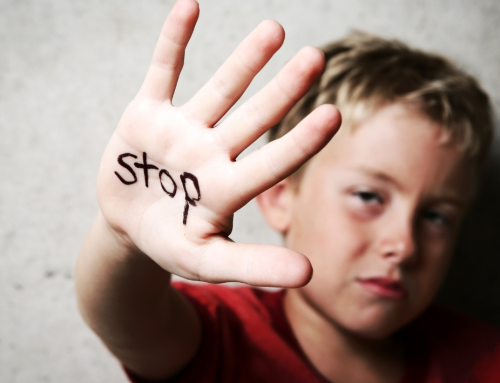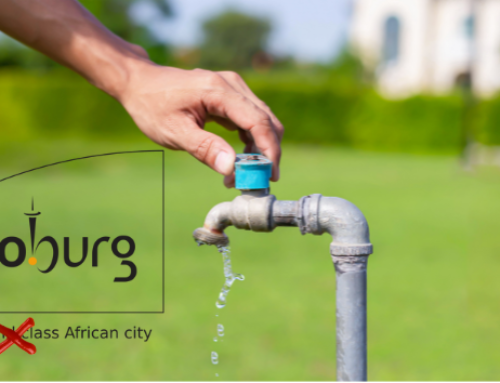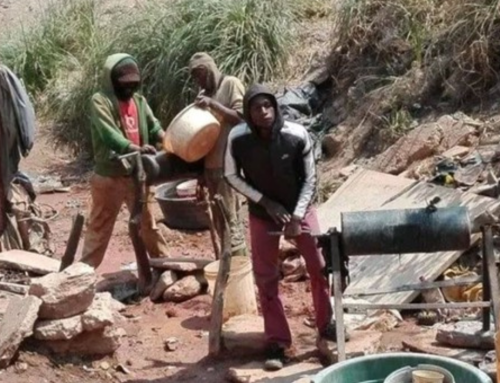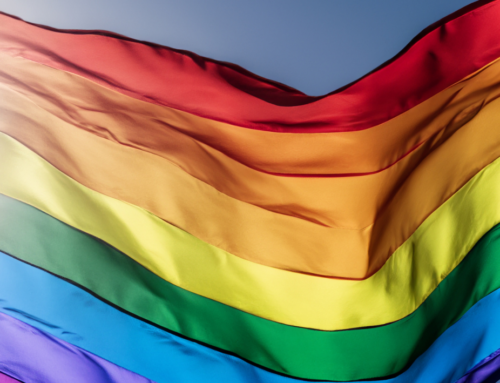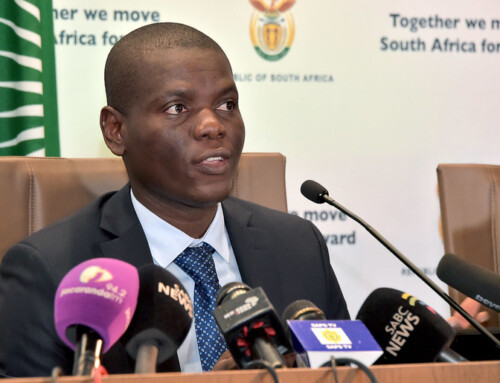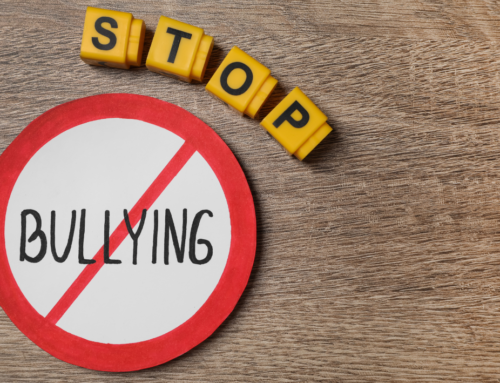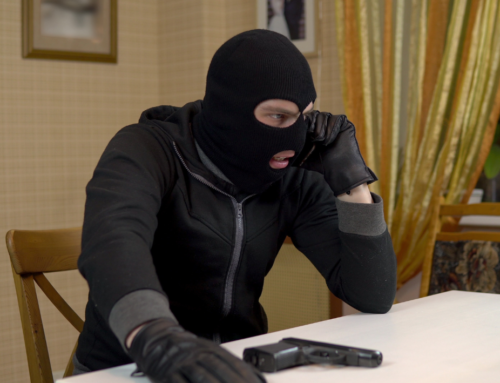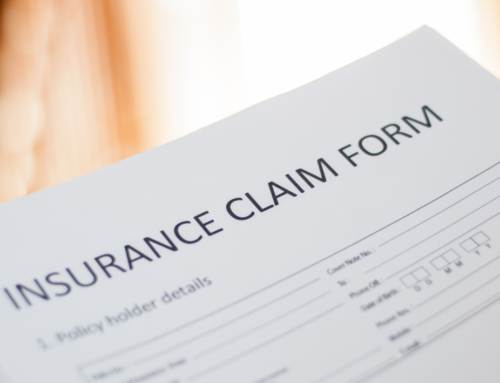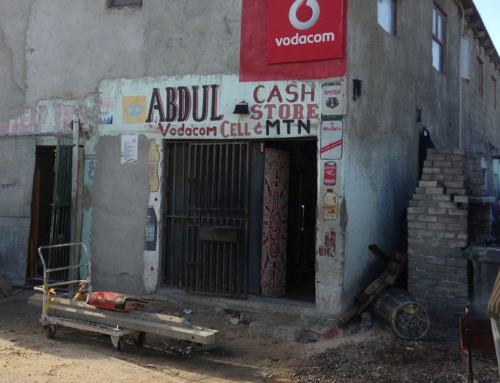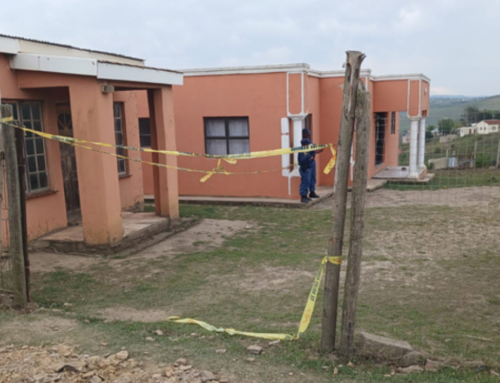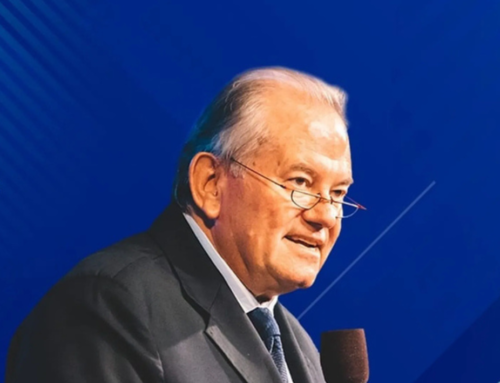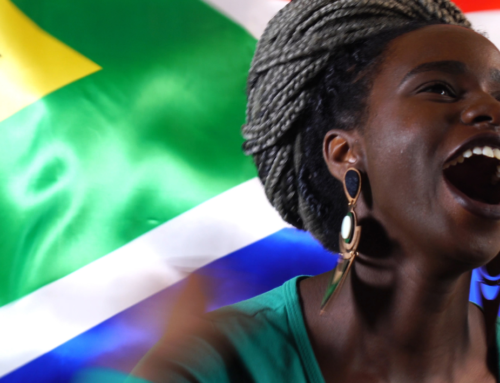Check against delivery
 UDM Deputy President, Nqabayomzi Kwankwa
UDM Deputy President, Nqabayomzi Kwankwa
Reverends Mzukisi Faleni and Zamani Sikhuphela
Leaders of other Faith-based Organisations
Provincial Leadership of the UDM in the Eastern Cape
Our hosts, the Regional Leadership of the UDM in the Nelson Mandela Bay
Public Representatives of the Party
Members and supporters of the UDM
Congregants
Ladies and gentlemen
1. Welcome
On behalf of the United Democratic Movement, I extend a warm welcome to all of you joining us for this Prayer Meeting ahead of the 2024 National and Provincial Elections in South Africa.
We welcome this intervention as a resurgence of the moral authority of faith-based leaders in contributing to the national discourse and shaping the future of South Africa.
We extend our gratitude to Ilizwi FM and Reverend Faleni and his colleagues for their support of the United Democratic Movement’s proposal for a Prayer Day in Nelson Mandela Bay ahead of the upcoming elections. This initiative aims to pray for free, fair, and peaceful elections, devoid of intimidation from any source.
Let us come together in prayer, seeking the intervention of the Almighty Father in addressing the scourge of violent crime, gender-based violence, femicide, and ensuring the safety of our children.
We hope to seek God’s guidance and grace, to allow the police and the courts the capacity to do their jobs more effectively, so that resources may be freed up, to tend to other imperatives in the country.
1. Introduction
Today marks an auspicious occasion when we celebrate the 30th anniversary of the dawn of democracy in South Africa.
It signifies the culmination of the times where people of this country managed to find each other at the opposite side of a negotiating table, instead of the sights of guns.
It quite literally saved us from open revolt of a very angry people and revolution and war on home soil. Militarily speaking, in the past conflict between black and white, there was no winner of the spoils.
Instead, we agreed to share the wealth and resources of this country equitably and to do away with racism, the evils of apartheid, and the emancipation of the black majority.
It may take generations for tensions to fully subside, but amidst our diversity, there is unity. South Africans share a deep love for our country, which unites us despite our differences.
The sooner we invest in our people and the infrastructure of this country the better; we have a lot of catching up to do after wasting too many years.
2. The role of the Eastern Cape
The Eastern Cape, in particular, and her people played a significant role in the struggle.
Biko, Hani, Mandela, Mbeki, Sisulu, Sobukwe, Tambo… these are all the names of the greats that echo in the halls of the history.
I had the great fortune to meet and work with most of them. I had the honour of rubbing shoulders with them early.
In 1989, when the African Nation Congress was in exile, I met with Thabo Mbeki and OR Tambo at his home in London.
They painted a picture of South Africa and agreed that this country must be a unitary state, and that the homelands must be done away with to make a unified country and the people must move around freely. This was advise enforced what we stared to do in 1987 in the Transkei.
I came back to spread the word. Little did I know that we would end up with provinces, that would be nothing more than glorified homelands.
The way government operates has opened the gates for the opportunist to scam and steal state resources, as we saw with the litany of irregular transactions made with money meant for Nelson Mandela’s funeral.
Forward thirty years, and we are ready to again exercise the freedom gained on 27 April 1994.
So, we must ask ourselves, how does the Eastern Cape catch up in terms of development with the better developed provinces and eradicate the reversal of the gains of the previous semi-first world infrastructure.
The question of hunger is out of control, our people are desperate and are hanging on by a thread.
We need strong political leadership and voters must ask themselves what the most important factor is, in choosing a party to vote for.
I would argue that trust is paramount. Who do you trust to take this province and South Africa further.
The Zondo Commission’s findings have proven that South Africa is in deep trouble. There is therefore a need for the people to intervene at the polls to address this hijacked programme of improving the quality of life for all as agreed upon during the negotiations.
Regarding the economy, the call by the UDM for at least an eighteen months’ long indaba on the scale of the Convention for a Democratic South Africa (Codesa) is significant and underscores the need for a comprehensive and inclusive dialogue to address the multifaceted challenges facing South Africa.
An indaba of this scale would bring together a wide range of stakeholders, including government, political parties, business bodies, faith-based leaders, labour unions, NGOs, traditional leaders, and others.
3. Premiership of the Eastern Cape
In the months running up to these elections I was approached countless times by traditional leaders, religious groupings and civil society organisations and many individuals saying: “General, if you would run for Eastern Cape Premier, I will vote for you, the Eastern Cape desperately needs you!”
There was also a UDM Provincial Congress resolution, where it was decided that the Eastern Cape structures of the UDM wanted me to run for premier in the elections.
The fortunate fact is that I have the experience of running a government with discipline and order, where we created jobs, where poverty was at its lowest ebb, the courts functioned, the environment was neat and clean, pensions were paid, and we did not live in fear of criminals.
In principle, I have therefore agreed to avail myself to be the UDM’s candidate for the Eastern Cape premier.
However, being the national leader of a party, I will campaign in all provinces, but focus more of my time and efforts in the Eastern Cape.
If the UDM does well on 29 May, we will arrange that the Independent Electoral Commission changes the UDM’s candidates’ list in the allowed window period after elections.
If this change succeeds, the UDM’s Deputy President, Nqabayomzi Kwankwa, will have to step up to the plate and be the de facto president of the party whilst assist in governing the Easten Cape.
One of the big-ticket items for me as a Premier Candidate will be to promote the need have a Government of National Unity (GNU) model as an executive in the province.
During my time as head of government in Transkei we unbanned the various struggle organisations, such as the ANC, AZAPO, PAC etc. in 1989 and I have worked well with all sorts.
Cadre deployment will be a thing of the past, and after a skills audit, top leadership in public administration will be filled by virtue of skills and qualifications so that we can lead this province out of this quagmire.
The Eastern Cape was once the fountain of education and those human resources are still available to us, to realise the dream of making this province great again. As a result of this reality many of these brains are working outside the province and the talent is lost to us through an exodus to other countries and provinces and to national levels.
There is therefore a need to make sure that this province that has produced so many struggle stalwarts, professionals and academics, are on a position to contribute to build a promising future for this province.
As part of the issues that will be added, over and above the menu items specified in the UDM manifesto, the proposed government of provincial unity will prioritise the following issues, the provincial economy, land distribution, crime, job creation, and basic health care and the investment in food security and tourism.
The thorny issues of the military veterans, pension of ex civil servants and the ex-mineworkers’ UIF payments will be addressed firmly by the provincial government. It is immoral for the current millionaires and billionaires to thrive on the current workers’ pensions and UIF monies.
4. Conclusion
At the moment, the legacy of the late struggle stalwarts, who hailed from this province, are being made a laughingstock of.
What we are witnessing in our streets and communities is far from what our liberation heroes envisioned for our people. The blatant plundering of state resources, to the detriment of our citizens, is morally reprehensible.
It is the voters who must now start knowing right from wrong.
But that’s enough about my wish list, we are in church today and I have said my piece and I thank you for your willingness to listen.
I thank you.






